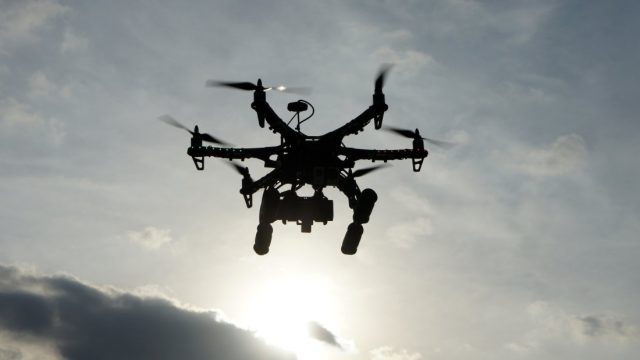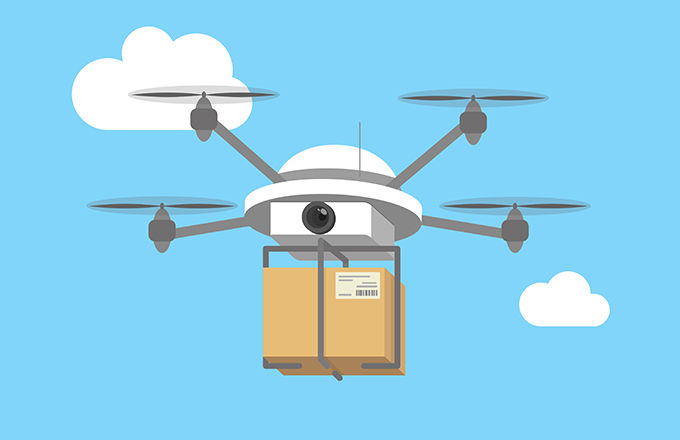Costa Rica News – Eight communities in remote towns of Costa Rica are set to receive drugs via pilotless aerial vehicles (drones) starting from 2017, thanks to a new programme implemented by the government’s public health authority.
 The programme will link basic health centers in these remote communities with distribution points operated by the Costa Rican Social Security Fund (CCSS).
The programme will link basic health centers in these remote communities with distribution points operated by the Costa Rican Social Security Fund (CCSS).
The use of drones is expected to reduce the waiting time for receiving drugs to 45 minutes after an order is placed. Currently, patients in remote areas wait anywhere from several hours to three days to receive the medicine.
“We’re talking about patients that need to travel for hours in difficult conditions to reach medical care. They live in adverse economic conditions and can’t travel repeatedly”, says Esteban Vega, the national coordinator of pharmaceutical services for the CCSS.
The CCSS currently uses all-terrain vehicles, motorcycles or boats to deliver medicines in remote communities, but being so isolated increases the waiting time for supplies to arrive, particularly in indigenous areas of the western Talamanca mountain range.
In September this year the Costa Rican social security authority employed the firm Zipline, which specialises in delivering medical products with a drone system. The company is expected to make flight plans and test flights in the next six months.
Each month the programme hopes to deliver 13,200 medical packages using this technology with a cost close to US $26.000.
To ensure that drugs are used appropriately, requests will be made by a CCSS-affiliated doctor in the community. A worker will then prepare the package at a medical center nearby [close to the location that requests it], and the 10kg drone will deliver it to its destination.The CCSS is also taking steps to modernize the way drug requests are made by using “electronic prescription”, a new system piloted since May this year, which allows health professionals to request medicines digitally.
“Electronic prescriptions are key for this [drone delivery plan] to work”, Vega said.
The outcome of this first drug-delivery project will determine whether it can be applied in other parts of the country, or in emergencies.
This assessment of suitability is fundamental to guarantee the correct application of technology, Kalema Gordon, main technology adviser in e-government of the Ministry of Youth and Technology of Rwanda, told SciDev.Net.
Rwanda is using the same company to deliver blood samples to remote parts of the country from this month onwards.
“Finding the appropriate and feasible use of drones in Rwanda was also critical to build the right partnerships, equipment and financial support”, Gordon explained, arguing that technological innovations are a means to an end, rather than the goal itself.
From SciDev.net

